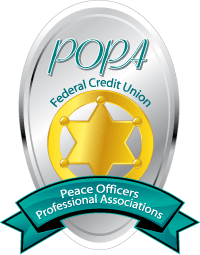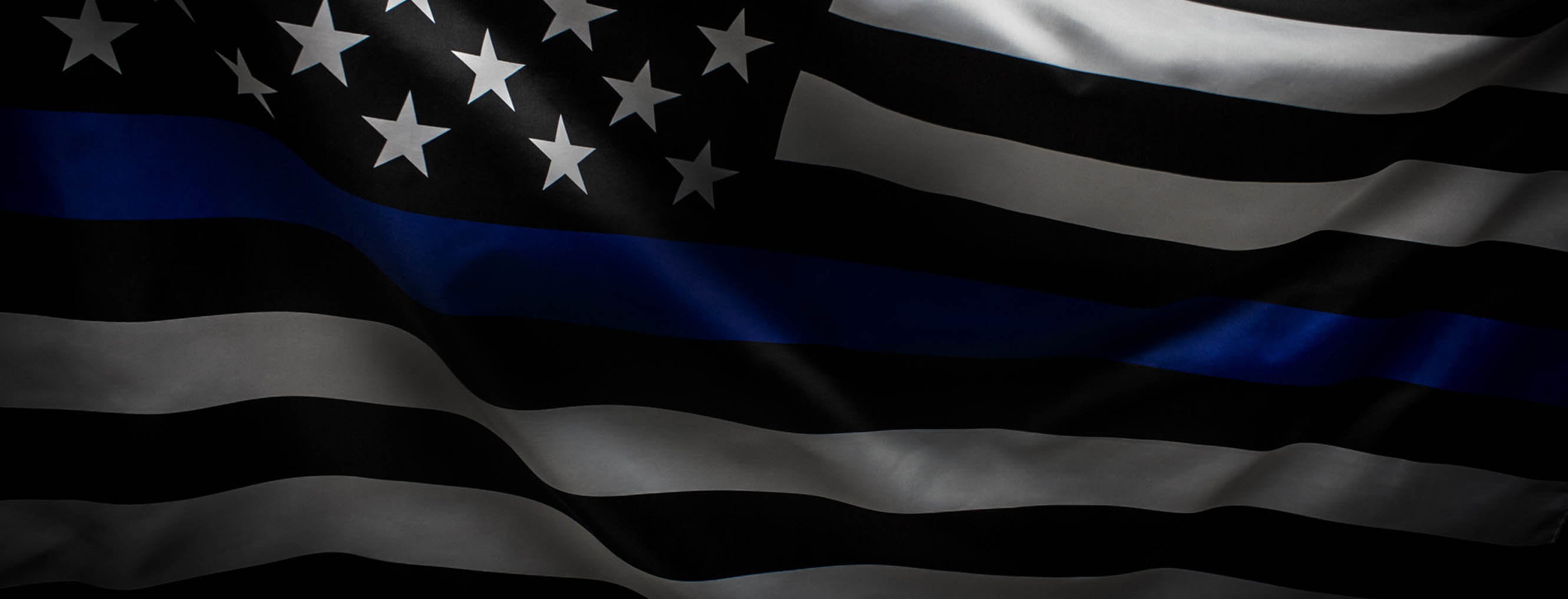Who is Eligible for POPA FCU Membership?
Membership at POPA FCU gives you access to any of our convenient products and services, such as online banking, bill pay, direct deposit, and so much more. You also receive one vote during an election at our annual membership meeting.



